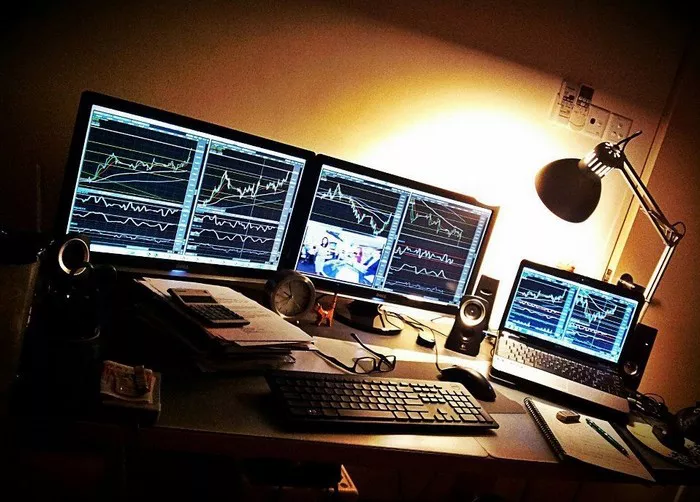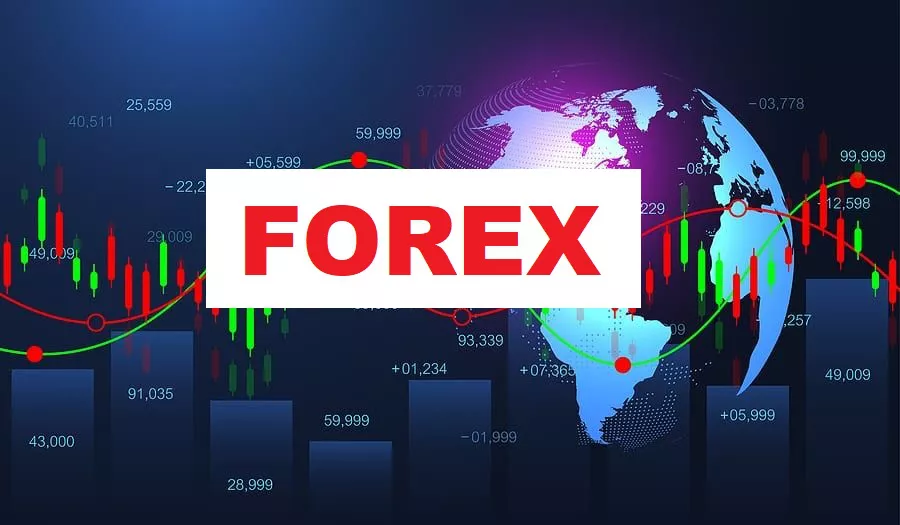In the fast-paced world of foreign exchange (forex) trading, choosing the right forex broker is crucial to your success. With so many options available, making an informed decision can be challenging, especially for beginners. This guide will provide you with 7 essential tips to help you choose the best forex broker for your trading needs.
Understanding Forex Brokers
Before diving into the tips, it’s important to understand what a forex broker is and their role in your trading journey. A forex broker acts as a middleman between you and the forex market. They provide you with a trading platform, access to various currency pairs, and the necessary tools and resources to trade effectively.
Tip 1: Evaluate Regulation and Security
One of the first things to consider when choosing a forex broker is regulation. Regulatory bodies ensure that brokers operate in a fair and transparent manner, protecting traders from fraud and malpractice.
Check for Regulatory Compliance
Ensure that the broker is regulated by a reputable financial authority such as the Financial Conduct Authority (FCA) in the UK, the Australian Securities and Investments Commission (ASIC), or the Commodity Futures Trading Commission (CFTC) in the US. A regulated broker must adhere to strict guidelines, offering you a higher level of security.
Assess the Security of Your Funds
Your funds’ security is paramount when trading forex. Look for brokers that offer segregated accounts, where your funds are kept separate from the broker’s operational funds. This ensures that your money is safe even if the broker faces financial difficulties.
Tip 2: Analyze the Trading Platform
The trading platform is your gateway to the forex market, so it’s essential to choose one that is reliable, user-friendly, and equipped with the features you need.
Test the Platform’s Functionality
Before committing to a broker, test their trading platform through a demo account. Evaluate the platform’s usability, speed, and available tools, such as charting, technical analysis, and real-time data. A good platform should also offer mobile access, allowing you to trade on the go.
Consider Platform Customization
Different traders have different needs. Some prefer a simple, straightforward platform, while others require advanced features. Check if the platform is customizable to suit your trading style, whether you are a day trader, swing trader, or scalper.
Tip 3: Compare Spreads and Fees
Forex brokers make money through spreads (the difference between the bid and ask price) and various fees. Understanding these costs is vital as they can significantly impact your profitability.
Evaluate Spreads
Look for brokers that offer tight spreads, especially if you plan on making frequent trades. A lower spread can reduce your trading costs and improve your overall returns. However, be cautious of brokers offering extremely low spreads as they may compensate with higher fees elsewhere.
Examine Commission and Withdrawal Fees
In addition to spreads, consider the broker’s commission structure. Some brokers charge a flat commission per trade, while others do not. Also, check for any withdrawal fees, inactivity fees, or hidden charges that could eat into your profits.
See Also: 7 Ways to Get US Dollars in Argentina
Tip 4: Review Customer Support
Reliable customer support is crucial when trading forex, especially in the event of technical issues or when you need assistance with your account.
Assess Support Availability
Check if the broker offers 24/7 customer support, as forex trading operates around the clock. Ensure that support is available through multiple channels, such as live chat, email, and phone.
Test the Quality of Support
The quality of customer support can vary significantly between brokers. Test their responsiveness and helpfulness by contacting them with a few questions. A broker with knowledgeable and prompt support is preferable, as this can save you time and reduce frustration.
Tip 5: Examine Account Types and Minimum Deposit Requirements
Forex brokers often offer different account types tailored to various traders’ needs. It’s important to choose an account that aligns with your trading goals and budget.
Consider the Available Account Types
Review the account types offered by the broker, such as standard, mini, or micro accounts. Each account type may have different minimum deposit requirements, leverage options, and trading conditions. Choose an account that fits your risk tolerance and capital.
Check the Minimum Deposit
The minimum deposit required by the broker is another critical factor. Some brokers allow you to start trading with as little as $50, while others require a higher initial investment. Select a broker that aligns with your budget, but don’t compromise on quality for a lower deposit.
Tip 6: Evaluate Leverage and Margin Requirements
Leverage allows you to control a larger position with a smaller amount of capital, amplifying both your potential gains and losses.
Understand Leverage Options
Different brokers offer varying levels of leverage, typically ranging from 1:50 to 1:500. While higher leverage can increase your profit potential, it also increases risk. Choose a broker that offers leverage levels appropriate for your trading strategy and risk management plan.
Know the Margin Requirements
Margin is the amount of money required to open a position. Brokers with lower margin requirements allow you to trade larger positions with less capital, but this also increases your risk exposure. Make sure you understand the margin requirements and how they affect your trading.
Tip 7: Research Broker Reputation and Reviews
The reputation of a forex broker is a strong indicator of their reliability and trustworthiness. Conduct thorough research before making your final decision.
Read Online Reviews
Browse online forums, review sites, and trader communities to read feedback from other traders. Pay attention to comments about the broker’s reliability, withdrawal process, and overall trading experience.
Consider the Broker’s History
A broker with a long-standing history in the industry is often more reliable than a newer, less-established broker. Look for brokers with a proven track record, and avoid those with a history of complaints or legal issues.
Conclusion
Choosing the right forex broker is a critical decision that can greatly impact your trading success. By considering factors such as regulation, trading platform, fees, customer support, account types, leverage, and reputation, you can make an informed choice that aligns with your trading needs and goals.
Take your time to research and compare different brokers, and don’t hesitate to test them out with a demo account before committing real capital. With the right broker, you’ll be better positioned to navigate the forex market with confidence and achieve your trading objectives.
Related topics:

































